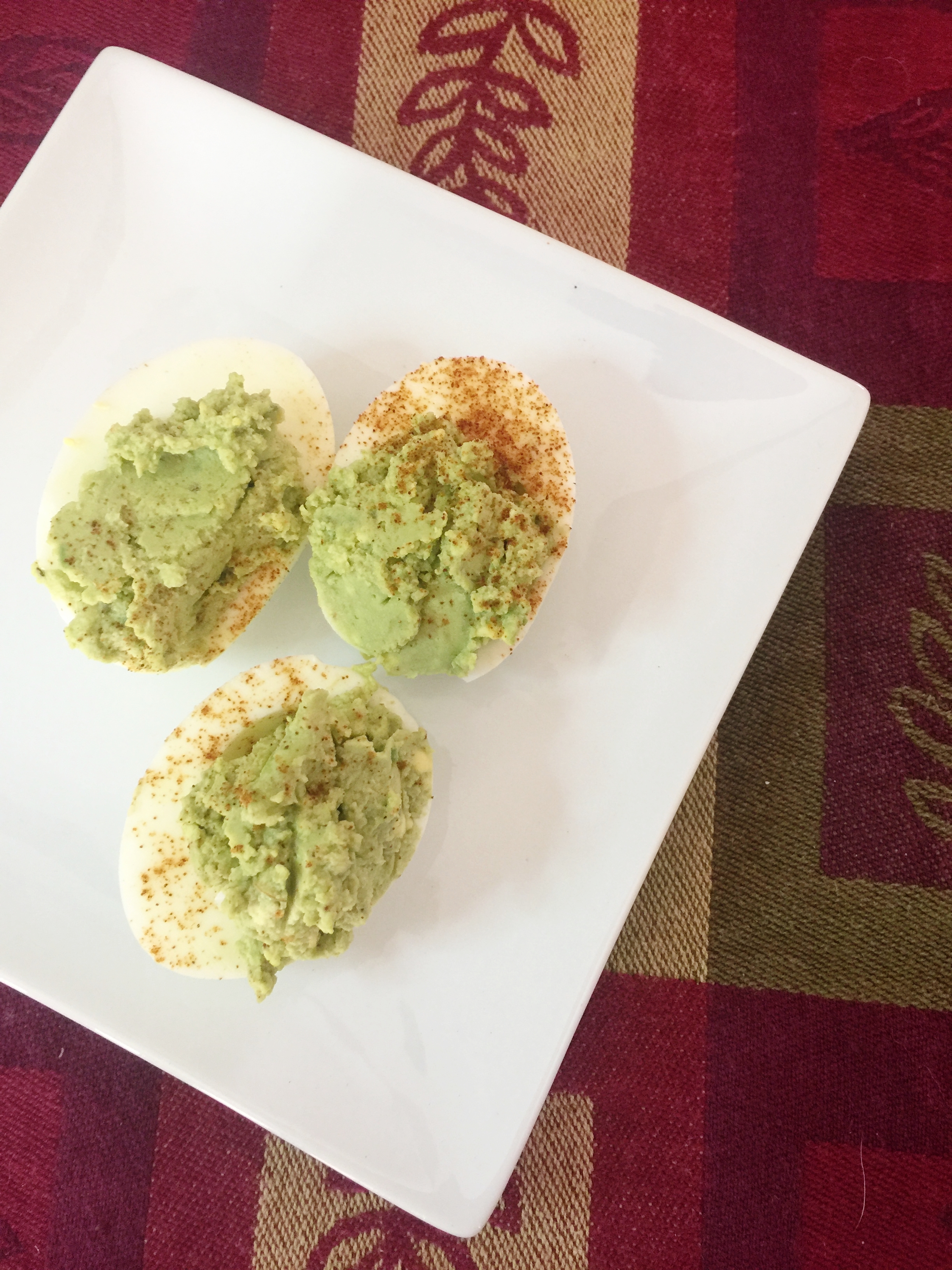As I have coached my clients that are undergoing immense amounts of stress in their lives, I have noticed a common pattern with regard to nutrition. High carb, sugar-laden food that is lacking dense nutrition and only provides an energy crash and endless cups of coffee is the usual diet of those living a modern, fast-paced life.
Leading a life that has never-ending to-do lists and expectations that are elusive, yet continue to leave us striving toward “accomplishment” has a tendency to grab on-the-go meals that can be consumed quickly and typically during a commute. A breakfast consisting of baked goods, bars, packaged shakes, or designated “breakfast” options being sold in the aisles of the grocery store that contain more sugar, preservatives, and white processed flour than the “vitamins & minerals” being touted as being delivered in each delicious bite is the norm.
Friends, if this is you, I beg of you to consider your nutrition in order to begin a road to new energy and mental clarity.
"Let food be thy medicine and medicine be thy food" ~Hippocrates
When you are suffering from Adrenal Fatigue, nutrition is critical to recovery. Rather than looking to a prescription or a crash-diet to solve your problems, take a good look at what you are putting in your body. Food is healing and quality is everything. Poor diet can exacerbate the suffering you experience.
There are three things to keep in mind when you are trying to recover from chronic stress and Adrenal Fatigue and trying to understand what is important with your nutrition in order to recover from Adrenal Fatigue.
All macronutrients are important and necessary.
With the common and popular diets eliminating an entire macronutrient group, carbs are getting a really bad wrap. What people need to understand is that carbs are an essential source of vitamins and minerals that provide energy; one of the top symptoms of Adrenal Fatigue is chronic fatigue. Therefore, you NEED carbohydrates to create ATP (energy) without creating more stress internally.
However, not all carbs are equal. The carbs you want to eat will consist of whole, unprocessed foods full of fiber (flax, quinoa, sweet potatoes, and cruciferous vegetables).
You will want to combine a fat, protein, and complex carbohydrate with every meal. Combine fat, fiber (carbs), and organic protein when creating your meals. This offers longer satiation and a more balanced blood sugar level that doesn’t leave you with a crash an hour later.
2. The sweet limitations of fruit
People with adrenal fatigue and blood sugar problems should go lightly on fruits, especially in the morning. But if you exercise early in the day, it may be possible for you to handle a small amount of fruit for breakfast. Exercise elevates cortisol and aldosterone levels, which in turn raise sodium levels in your blood, allowing for greater tolerance to the effects of fruit.
However, be very careful of fruit consumption and if you notice that you become more tired, thick headed or start to experience other symptoms of either low blood sugar or low adrenals, then eliminate fruit in the morning. Any fruit that you do eat should be organically grown. Many people who suffer from adrenal fatigue are sensitive to chemicals in foods.
Here are some recommended fruits for those with adrenal fatigue: papaya, mango, plums, pears, kiwi, apples, and cherries. Fruits to avoid would be bananas, raisins, dates, figs, oranges, and grapefruit.
3. Caffeine Prolongs Exhaustion
People with adrenal fatigue often crave caffeine or cola beverages because of the stimulatory effect of the caffeine. The difficulty with this is that caffeine also over-stimulates the adrenals, which leads to further fatiguing when the caffeine wears off. Therefore, many people with adrenal fatigue get through the day by kicking their adrenals with several cups of coffee and beverages containing caffeine or by combining caffeine, sweets, and chocolate (which contains caffeine and a caffeine-like substance). Although this makes them feel better temporarily, this regimen will eventually exhaust the adrenals even more, leading them into further difficulties.
Now they have a vicious cycle repeating. They need coffee to be productive, they crash, they are exhausted and need more caffeine and sugar. And on and on it goes. Therefore, avoid or limit caffeine containing foods and beverages.
Replace your coffee habit with herbal teas, mushroom elixirs, and lots of water.
Next steps…
If you’re confused about what to eat, remember this: lean protein, carbs (in the form of greens and fiber) and fat. Every meal. It’s key to recovery.
For You…
Need a breakfast or lunch that is quick to make, packed full of vitamins & minerals and gives the nutrition you need to support a body in stress? Here is a quick, cheat sheet to print and hang in your kitchen for powerful smoothies that help to promote Adrenal Fatigue recovery. Click the image below to download!






















